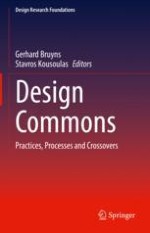2022 | OriginalPaper | Buchkapitel
2. Commoning as a Material Engagement of Resistance: The Struggle to Save the Albanian National Theater
verfasst von : Dorina Pllumbi
Erschienen in: Design Commons
Aktivieren Sie unsere intelligente Suche, um passende Fachinhalte oder Patente zu finden.
Wählen Sie Textabschnitte aus um mit Künstlicher Intelligenz passenden Patente zu finden. powered by
Markieren Sie Textabschnitte, um KI-gestützt weitere passende Inhalte zu finden. powered by
